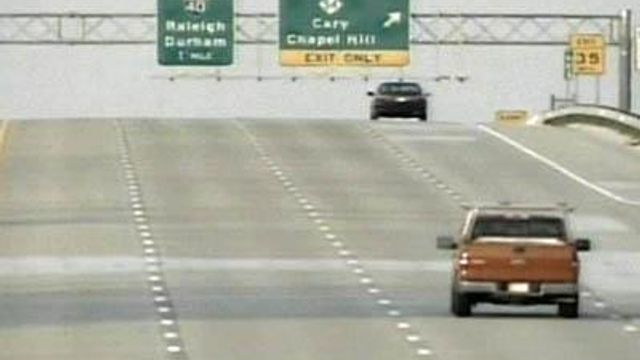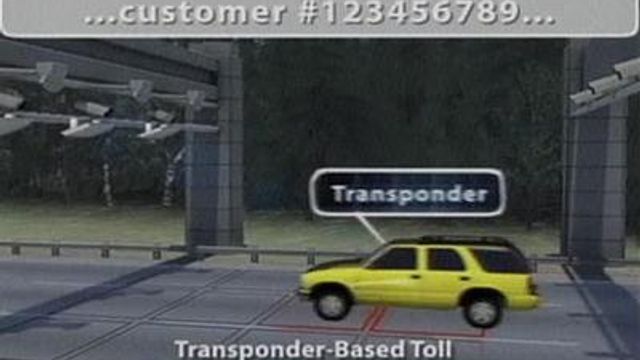540 toll-road plan goes through in state budget vote
Traffic congestion relief may come sooner for motorists who travel along N.C. Highway 540, but it is not going to be free. Not everyone is happy about that.
Posted — Updated“It's really hectic this time of day and congested and kind of frustrating,” driver Suzanne Bruen said.
“It's just one of those things you come to live with because you don't have another choice,” driver Celeana Garrett said.
The Wednesday vote was the first of two required to pass the spending plan. A second vote on Thursday also passed.
“We're very optimistic. We're very hopeful,” said David Joyner, the Turnpike Authority executive director.
If the funding is in the budget version approved by the Senate, Joyner said, construction should begin sometime this year. However, state funding only covers a portion of the cost, and the authority will build the rest of 540 as a toll road.
“Don't like it. I'm from New York. Know all about the tolls. Moved away from New York because of higher prices. That's not something I'm looking forward to,” Garrett said.
Joyner said that whether drivers are sitting in traffic or using a toll road, they pay a price.
“We can get the project done years, decades sooner than we'd be able to do it if we had to wait till we had all the money in the bank. That's the secret to all of this,” Joyner added.
If a vehicle is not registered, motorists would receive a mailed invoice at a cost closer to 42 cents per mile.
The cost of the entire Triangle Expressway is an estimated $1 billion.
• Credits
Copyright 2024 by Capitol Broadcasting Company. All rights reserved. This material may not be published, broadcast, rewritten or redistributed.






